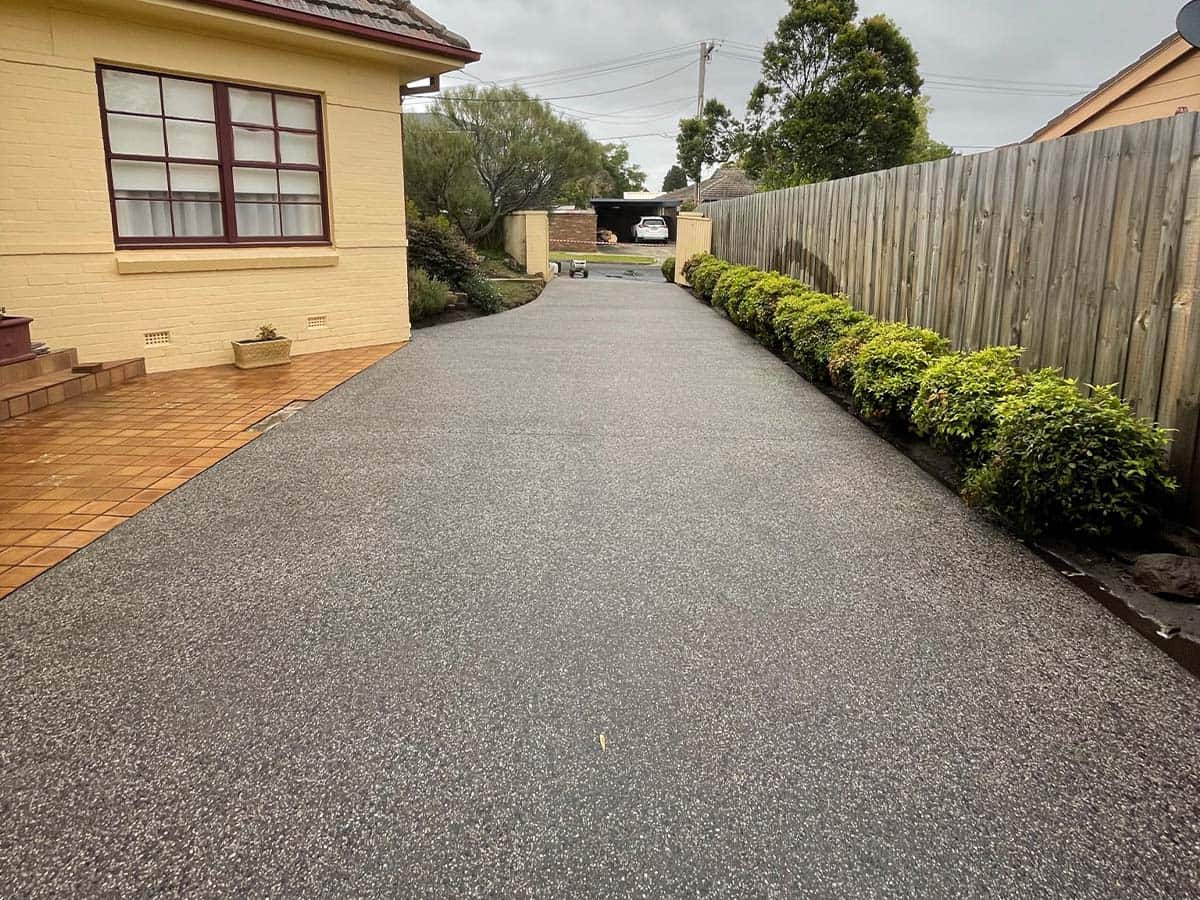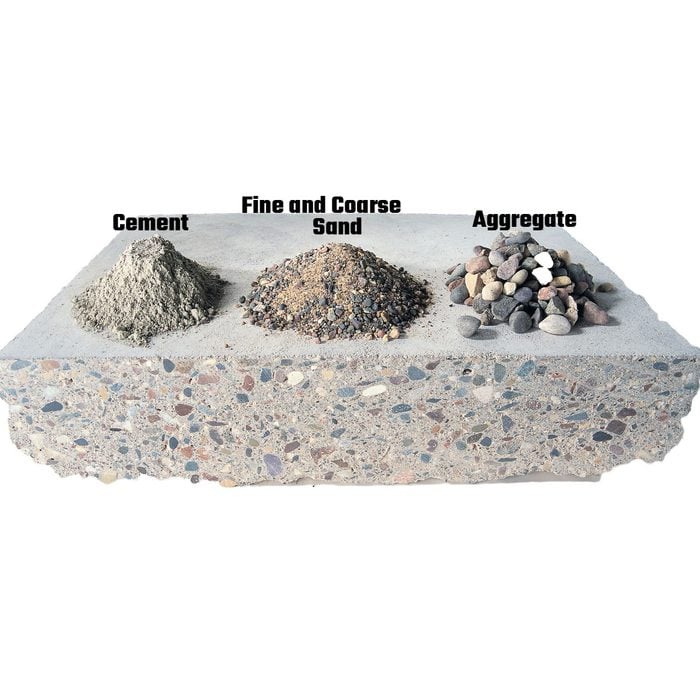Top Quality Concrete Solutions: Long Lasting Solutions for Your Building Needs
Top Quality Concrete Solutions: Long Lasting Solutions for Your Building Needs
Blog Article
Introducing the Eco-Friendly Advantages of Utilizing Recycled Concrete in Lasting Construction Practices
In the realm of sustainable building and construction practices, the utilization of recycled concrete stands as an essential yet typically undervalued resource. Past its conventional applications, recycled concrete offers a myriad of green advantages that expand far past the boundaries of typical building materials. From lowering environmental impact to improving cost-efficiency, the effects of incorporating recycled concrete in lasting building practices are substantial. This versatile material not only addresses pressing ecological issues however additionally presents a feasible remedy to the challenges dealt with by the building and construction sector at large.
Environmental Advantages
By incorporating recycled concrete into building practices, there is a significant decrease in the requirement for brand-new raw products, leading to conservation of natural resources. Furthermore, the usage of recycled concrete decreases the amount of waste being sent to land fills, thereby decreasing ecological air pollution and minimizing the pressure on landfill capabilities (Concrete).

In addition, the production of traditional concrete is a significant resource of carbon emissions as a result of the energy-intensive procedure of cement production. On the other hand, recycled concrete has a reduced carbon footprint as it minimizes the need for brand-new concrete manufacturing. This reduction in carbon emissions contributes to mitigating climate change and supports sustainable building techniques. In general, the ecological advantages of utilizing recycled concrete are substantial and play a crucial role in promoting eco-friendly construction techniques.
Cost-Efficiency
When examining the utilization of recycled concrete in building jobs,Attaining cost-efficiency is an extremely important factor to consider. One of the key advantages of utilizing recycled concrete is its cost-effectiveness compared to standard concrete. The manufacturing of recycled concrete involves less power and sources as it uses existing materials, lowering the total task expenses dramatically. Additionally, the schedule of recycled concrete in your area can further decrease transportation costs, making it a much more affordable selection for building jobs.
Additionally, using recycled concrete can bring about cost savings in landfill costs by drawing away concrete waste from disposal sites. This not just minimizes the environmental impact however additionally gets rid of the costs connected with waste elimination. The resilience and performance of recycled concrete are equivalent to standard concrete, ensuring that cost financial savings do not jeopardize the high quality of the building and construction.
Longevity and Stamina
Recycled concrete offers equivalent, if not superior, durability and toughness residential or commercial properties to typical concrete - Concrete. With advancements in handling techniques and high quality control, recycled concrete can fulfill or exceed the efficiency criteria of traditional concrete.

Waste Decrease
Reliable waste decrease methods play a crucial duty in the lasting utilization of resources within the construction sector. Waste reduction is an essential advantage that contributes significantly to ecological conservation when it comes to making use of recycled concrete. Conventional building and construction approaches usually create considerable quantities of waste, specifically in the form of concrete rubble from demolition sites. By integrating recycled concrete into building and construction tasks, this waste is repurposed and drawn away from land fills, minimizing the general ecological influence of construction tasks.
Recycled concrete not just assists in lessening the amount of waste that ends up in garbage dumps but also preserves all-natural resources by lowering the need for brand-new aggregate products. This process of waste decrease promotes a circular economic situation within the construction industry, where products are reused and reused to develop an extra lasting industry. Additionally, using recycled concrete can cause cost financial savings for construction tasks, as it is commonly a lot more budget-friendly than sourcing and transferring brand-new products. In verdict, waste reduction through the utilization of recycled concrete is an important part of sustainable construction methods that benefits both the environment and the construction industry overall.
Power Conservation
Power preservation is a critical facet of sustainable building and construction methods, intending to decrease the general energy intake associated with building procedures and products production. Substantial energy savings are accomplished compared to traditional concrete production when it comes to making use of recycled concrete in construction. The process of generating recycled concrete includes reusing and crushing existing concrete materials, which takes in much less energy than mining, click site handling, and transporting resources for brand-new concrete production. In addition, making use of recycled concrete can help decrease the demand for virgin aggregate, further reducing the energy-intensive extraction and handling of natural resources.
Conclusion
In final thought, the application of recycled concrete in sustainable building practices offers numerous environmental advantages, cost-efficiency, resilience, toughness, waste reduction, and energy preservation. By integrating recycled concrete into construction jobs, we can add to a much more eco-friendly and lasting future. It is vital for the building and construction sector to prioritize making use of recycled materials to assist lower the environmental influence of building tasks.
One of the vital benefits of using recycled concrete is its cost-effectiveness contrasted to typical concrete.Additionally, the use of recycled concrete can lead to financial savings in garbage dump costs by diverting concrete waste from disposal websites. The resilience and performance of recycled concrete are equivalent to standard concrete, making sure that cost financial savings do not compromise the high quality of the building and construction.

Report this page